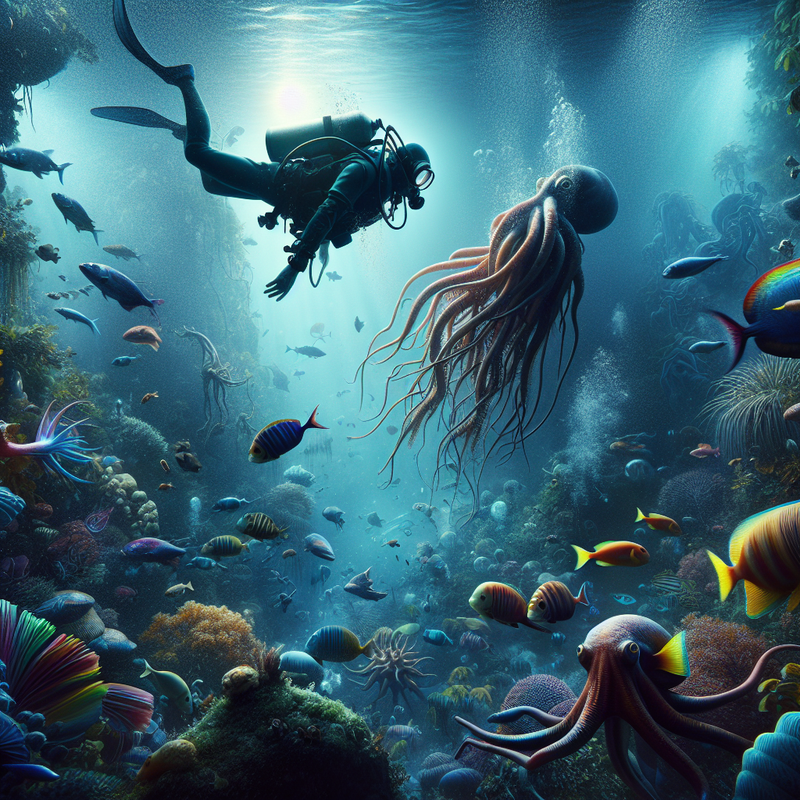The Bajau Tribe: Extraordinary Underwater Endurance through Genetic Variation
The Bajau tribe, renowned for their extraordinary underwater endurance, possess an unusual genetic variant that equips them with the capacity to submerge to impressive depths and remain submerged longer than the average human. The Bajau, often called “sea nomads,” have cultivated this distinct attribute that allows them to traverse the ocean’s depths with great proficiency.
Established on stilt homes above the waters off Indonesia’s coast, the Bajau excel in diving, making use of rudimentary equipment such as weights crafted from stone and eyewear carved from wood. Their impressive underwater prowess stems not solely from rigorous aquatic training but also from a unique gene alteration colloquially dubbed the “sea nomad gene.” This specific change fosters the development of their sizeable spleens, which in turn bolsters their ability to retain oxygen when their spleen constricts during diving activities.
The Biological Connection with Aquatic Creatures
Cambridge University’s own Melissa Ilardo has observed the Bajau engaging in underwater activities for upwards of eight hours each day. Individual dives can span several minutes and reach depths of up to 70 meters, a feat made possible by a genetic adaptation that bears a resemblance to certain sea mammals. For instance, the Weddell seal also benefits from an enlarged spleen for oxygen storage, which aids in prolonged dives. Ilardo’s work reveals that higher thyroid hormone levels in the Bajau may play a role in the enlargement of their spleens, an essential component of their lengthy breath-holding capacity.
Though their diving abilities are remarkable, the Bajau face threats from the modern world. The encroachment of commercial fishing diminishes their aquatic resources, and their statelessness creates barriers to services like healthcare, education, and residency in bordering countries. Cultural dilution is also a concern, raising alarms that without protective measures, this distinctive lifestyle and genetic inheritance could disappear.
The genetic specialization of the Bajau emphasizes the adaptability of humans in challenging environments. This precious heritage is at risk of being eroded by the swift currents of modernization and societal change. Thus, recognizing and preserving their cultural and genetic identity is vital not just for their survival, but for the diversity of human history..







